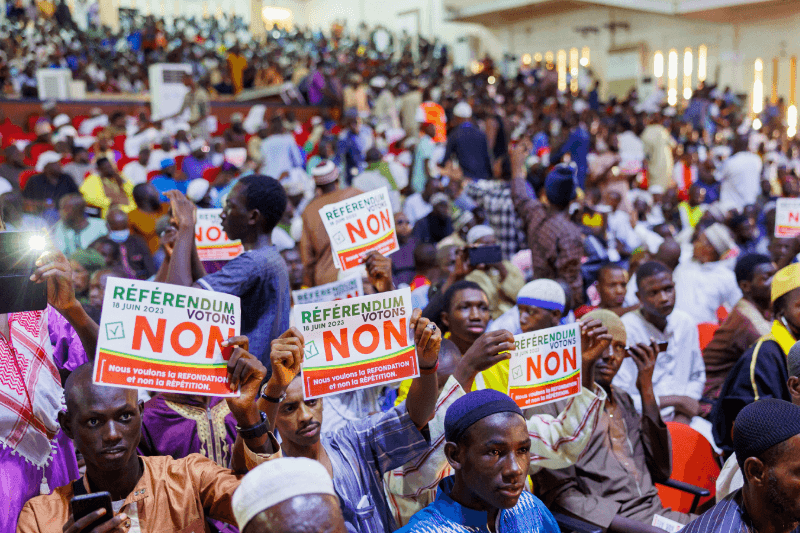The candidate from Mozambique’s ruling party was significantly ahead in the initial results of all 11 provinces in the presidential election on Wednesday, while his primary opponent expressed his refusal to accept the results, claiming they were fraudulent.
The election monitors have expressed concerns about the election’s integrity, claiming it did not align with international standards. They have noted several problems, such as chaotic counting processes, insufficiently sealed ballot boxes, vote-buying, exaggerated voter lists and intimidation in certain regions. In response, opposition parties have alleged electoral fraud, with at least one calling for a national strike on Monday. Another party has stated it will contest the results legally. Frelimo has been in power in Mozambique since it gained independence from Portugal in 1975 and it has faced persistent accusations of electoral fraud.The final results are expected to be on October 24th.
Daniel Chapo
Daniel Chapo, representing the ruling Front for the Liberation of Mozambique (Frelimo), appears likely to win the election based on the provincial results and is expected to take over from President Filipe Nyusi, who has reached the limit of two terms in office.As the outgoing President Filipe Nyusi prepares to step down after serving two terms.
Chapo, a 47 year old attorney, may represent a transition from previous leaders who were involved in the liberation struggle of the 1960s and 1970s. Mozambique finds itself in a collapsing situation, fighting with debt and troubled by an insurgency linked to Islamist militants. If Chapo does not swiftly formulate a plan to address the ongoing and volatile conflict, a security gap may arise in the country’s resource rich northern region.
Keep Reading
Tuna Bond
The economic distress in Mozambique was triggered by the “tuna bond” scandal. Between 2013 and 2016, unauthorised loans were covertly allocated to state enterprises engaged in fishing and maritime security initiatives. Altogether, over $100 million was channelled into bribes during President Armando Guebuza’s administration. Nearly ten years after the revelation of these hidden loans, Mozambique has been struggling to meet the repayments on those and other debts, which have significantly increased public debt levels. This economic crisis has largely affected those living in the underdeveloped and troubled northern provinces, where terrorist groups have been able to recruit desperate and jobless youth.

